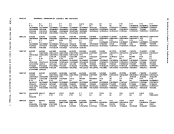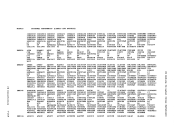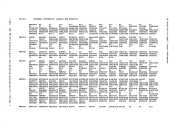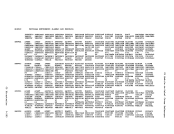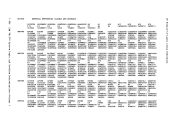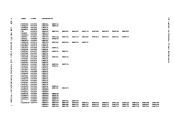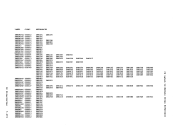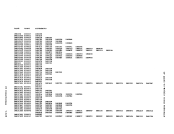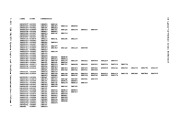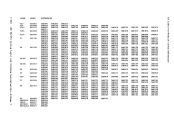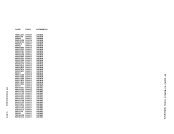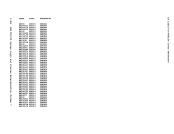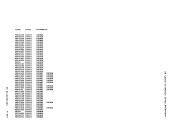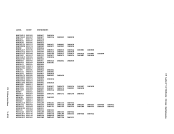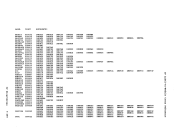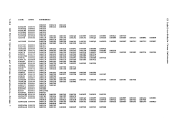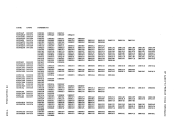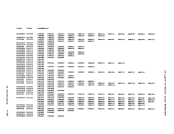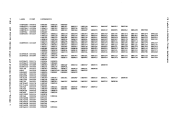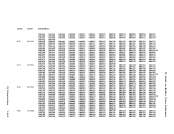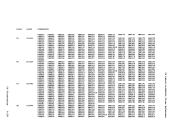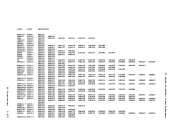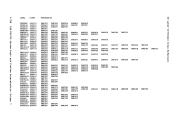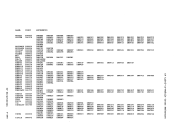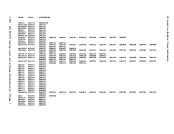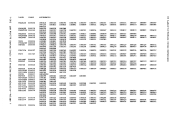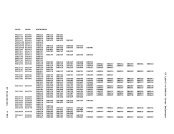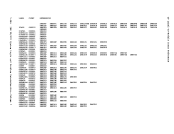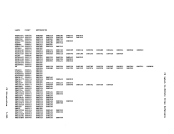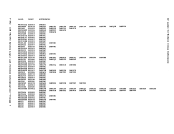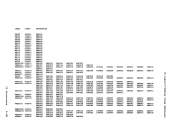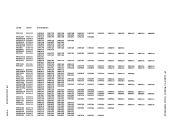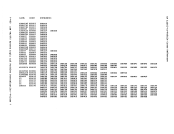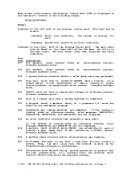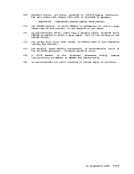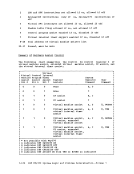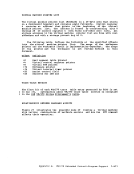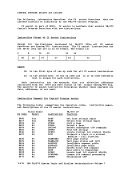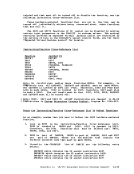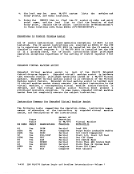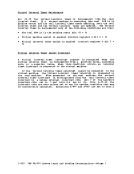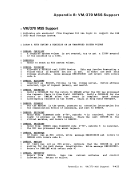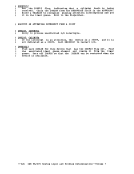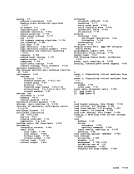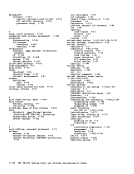transient routine that is called by
check associated with the error on a spooling device. If appropriate, a
restart
operation, in
failing device has been
been taken. If, after retrying the operation, the error is
unrecoverable,
passes control to real spooling executive. The routines that handle
unstacked interruptions in real spooling execute only module operations
that have been
fatal error is unstacked, the recovery
operation in progress.
For fatal reader errors, processing of the current file is
purged. The owner of the file is not informed of the presence of a
fractional part of the file in the system.
For fatal printer or punch errors, the
processing can be
be deferred until the failing device is repaired.
In any case, the failing device is
back online via the
printer queue is searched for the next file to print.
user and operator are sent a message
printer (refer to
purged, and the
In addition, the
describing the
for the buffer is assigned, the file linkage pointers are adjusted, and
the buffer is rewritten. The failing page is not de-allocated and no
subsequent request for page space is granted access to the failing page.
If an unrecoverable error is encountered while reading a page,
processing depends on the routine that is reading the file. If the
processing is being done for a virtual reader, the. user is informed of
the error and a unit check/intervention
to the reader. If the processing is being done for a real printer or
punch, the failing buffer is put into
processing continues with the
is not de-allocated and it is not available for the use of other tasks.
1-148



























































































































































































































































































